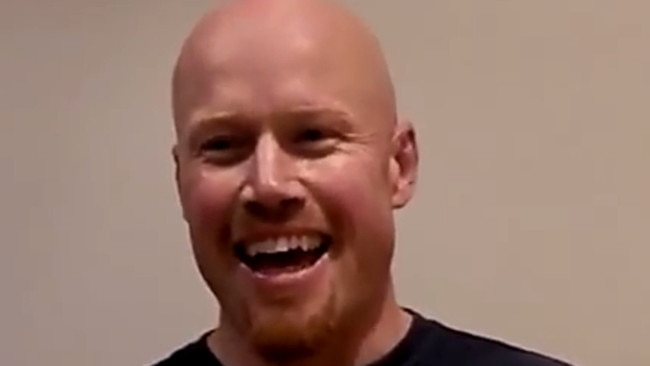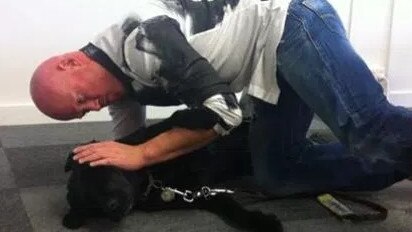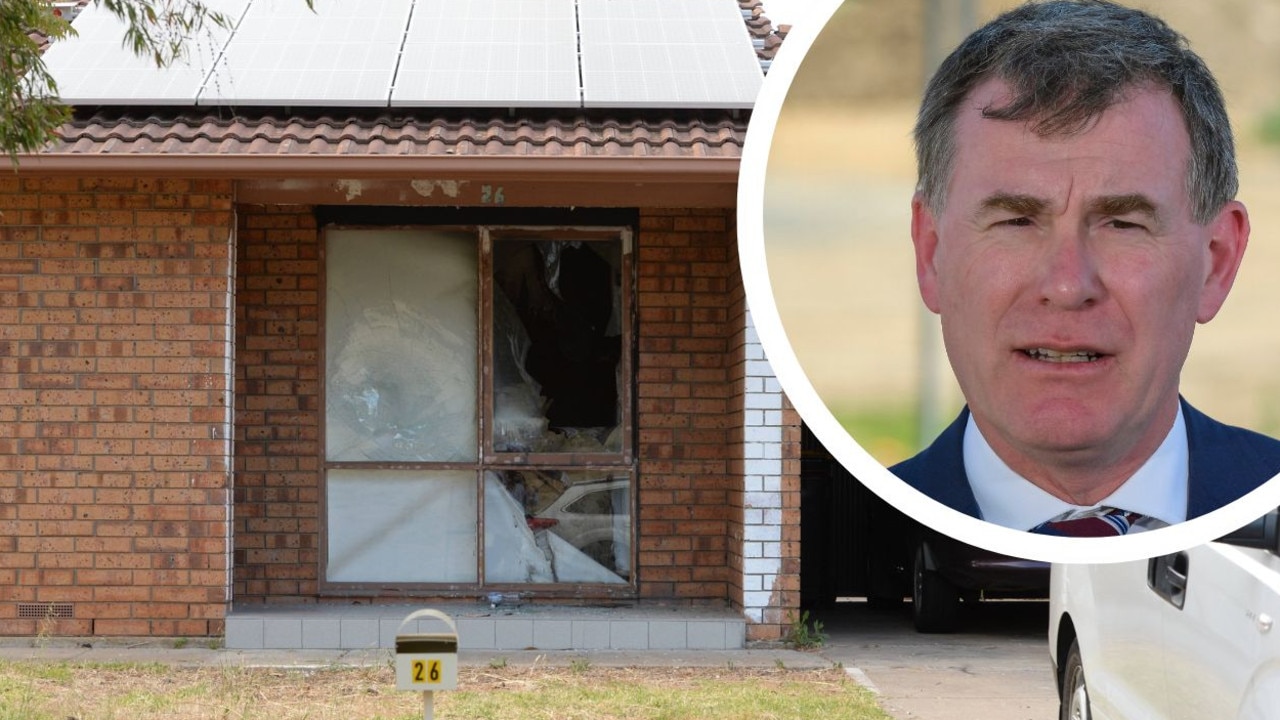Pervert chiropractor Peter Wayne Snodgrass fails in appeal bid, ordered to serve full 10-year sentence for 216 sex crimes
He violated 216 women and girls to satisfy his urges, then claimed 10 years was too severe a punishment. Now a court has ruled on this perverted chiropractor’s appeal bid.

Police & Courts
Don't miss out on the headlines from Police & Courts. Followed categories will be added to My News.
A perverted chiropractor who ruined the lives of 200 women and girls through sex-fuelled illicit filming and indecent assaults will serve his full 10-year prison term.
In a unanimous decision on Thursday, the Court of Criminal Appeal rejected Peter Wayne Snodgrass’ claim that a decade behind bars was too harsh a punishment for his crimes.
Snodgrass – who appeared by video link, wearing a long-sleeved black Calvin Klein T-shirt – appeared visibly disgruntled by the court’s decision.
Outside court, one of his victims – who asked to be identified as “Rowena” – said that attitude showed Snodgrass had yet to truly attempt to mend his ways.
“I don’t think he will, but I would hope he now does turn his attention to his own rehabilitation,” she said.
“He needs to stop thinking about ‘how unfair this is’ to him and realise that we, as victims, have life sentences.
“Maybe he can come to some sense of remorse for the victims, rather than for himself and what he has lost.”

Snodgrass, 50, was sentenced to 10 years’ jail for 216 sex crime offences committed at his Rostrevor practice between 2012 and 2017.
He pleaded guilty to secretly using hidden and handheld cameras to film women and girls as young as 11, and to indecently assaulting some of them.
Despite presenting himself, to the public, as “a man of integrity”, he claimed in court he had a “sex addiction” and “just wanted to see more boobs”.

During Snodgrass’ prosecution, the court heard SA Police detectives have not been able to identify all of the women in his videos, estimating up to 400 individuals had been recorded.
A psychologist, meanwhile, said Snodgrass’ confession represented “shame rather than guilt” and warned he remained at risk of reoffending so long as he held that attitude.
In March last year, Snodgrass filed an appeal against his sentence, complaining it was a “manifestly excessive” punishment for his offending.
In its judgment on Thursday, the court granted Snodgrass permission to appeal his sentence – meaning his case was arguable – but rejected it, ordering his sentence stand.
Outside court, Rowena welcomed the end of the long court process she and the other victims had endured.
“Relief – that’s one word for it,” she said.




